Voltage

Most modern PEVs, and 100% of what we sell here at EZ Bike, are powered by lithium-ion battery cells. Each of them is 4.2V when fully charged and 2.5V when fully drained. However, since batteries can be damaged when fully drained, systems are put in place to cut off power when the voltage reaches a certain threshold, usually around 3.0V. Because a cell’s voltage fluctuates between 4.2V and 3.0V during use, some companies advertise values calculated using mid-point values of around 3.6V to 3.7V, while others use the fully charged voltage of 4.2V. There is no right or wrong, and no one way is preferable over the other, but problems arise when you try to make comparisons on specs that don’t describe the same things.
Here’s a chart of all the commonly used battery voltages, so you can easily compare them side by side:
|
Nominal Voltage |
S-Group Size |
Fully Charged |
Cut-Off |
Mid-Point Voltage |
Nominal is Based On |
Examples |
|
36V |
10 |
42V |
30V |
36V - 37V |
Mid-Point |
Ninebot Max, Aventon Soltera, Xiaomi M365 |
|
48V |
13 |
54.6V |
39V |
46.8V - 48.1V |
Mid-Point |
Most Aventon e-bikes, VSETT 8/9, Teverun Blade Mini |
|
52V |
14 |
58.8V |
42V |
50.4V - 51.8V |
Mid-Point |
Dualtron Mini, Dualtron Popular, Segway GT series, Apollo Pro |
|
60V |
16 |
67.2V |
48V |
57.6V - 59.2V |
Mid-Point |
Dualtron Victor series, VSETT 10+, Kaabo Mantis series |
|
72V |
20 |
84V |
60V |
72V - 74V |
Mid-Point |
Dualtron Thunder & Ultra II, Kaabo Wolf King GT Pro, Nami Burn-e |
|
84V |
23 |
96.6V |
69V |
82.8V - 85.1V |
Mid-Point |
|
|
100.8V |
24 |
100.8V |
72V |
86.4V - 88.8V |
Fully Charged |
Veteran Sherman, Begode EXN, Inmotion V12, Kingsong S19 |
|
126V |
30 |
126V |
90V |
108V - 111V |
Fully Charged |
Veteran Patton, Inmotion V13, Kingsong S22 |
|
134.4V |
32 |
134.4V |
96V |
115.2V - 118.4V |
Fully Charged |
Begode Master, Begode EX30, Extreme Bull Commander Pro |
By the way, your device’s charger will always have the fully charged voltage printed or stickered on it.
Power Output
Power passes from your battery to your controller and then to your motor. Generally speaking, motors are not the bottleneck, as they merely allow electrons to pass through copper coils and spin. However, either your battery or controller can be the limiting factor. In this article, we will focus on the battery, and power is measured in watts.

Many people think that higher voltage equates to more power or more speed. This is true, but not entirely accurate, since wattage is calculated by multiplying voltage by amperage. Many batteries label their maximum output in amps.
Capacity
The unit for capacity is watt hours or Wh. It is a battery’s voltage multiplied by its amp hour rating, or Ah. Just remember, when comparing PEVs of different voltages or different makes, make sure you use the same measurements, as mentioned above, not always the advertised voltage. Meaning either fully charged voltage or midpoint, but don’t mix and match them and stay consistent. For example, a Nami Burn-e 2 Max advertises 40Ah capacity at 72V so 2880Wh, and an Inmotion V13 advertises 24Ah capacity at 126V 3024Wh. So does the Burn-e have 95% the battery capacity of the V13? No, because we just mixed fully charged and mid-point voltages. Let’s re-do the math using all mid-point voltage values of 3.6V. This would give 40 x 72 = 2880Wh for the Burn-e, and 24 x 108 = 2592Wh for the V13, meaning the Burn-e has 111% the battery capacity of the V13.

Brand Name vs No Name
Generally, PEV manufacturers would label their battery if they used brand name cells, the big three being Samsung, LG, and Panasonic. If it’s unlabeled, or advertised as “generic (GN)” or “Chinese (CN)”, then it may give you up to 20% less capacity and durability as brand name ones. However, the key word is “up to”, they are usually only 10% - 15% less than brand name cells. However, brand name batteries will always cost significantly more, many times costing double as unbranded ones.
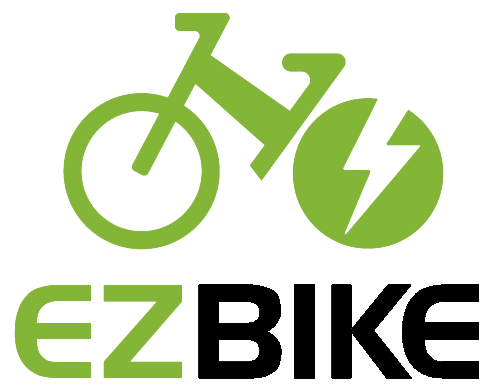
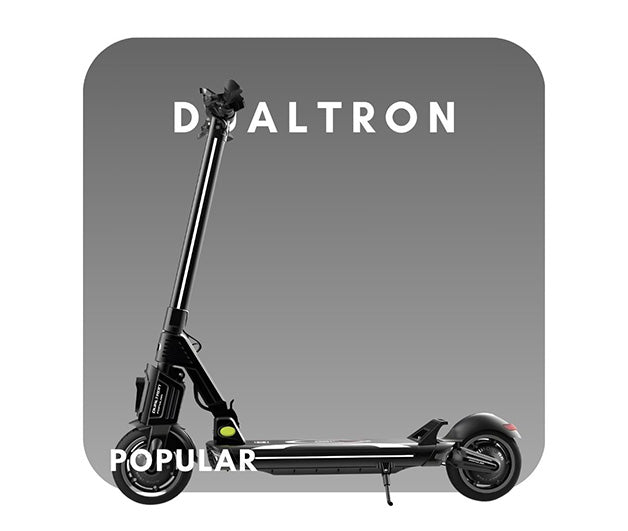
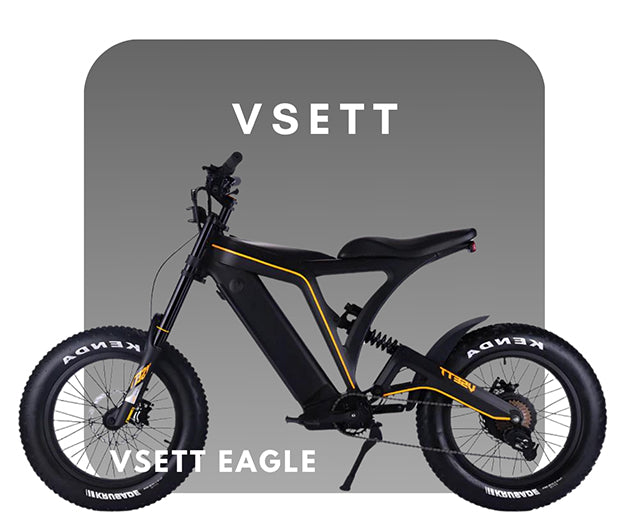
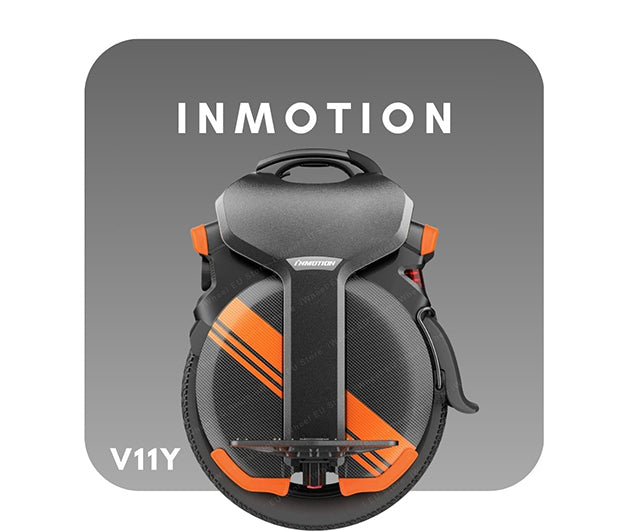
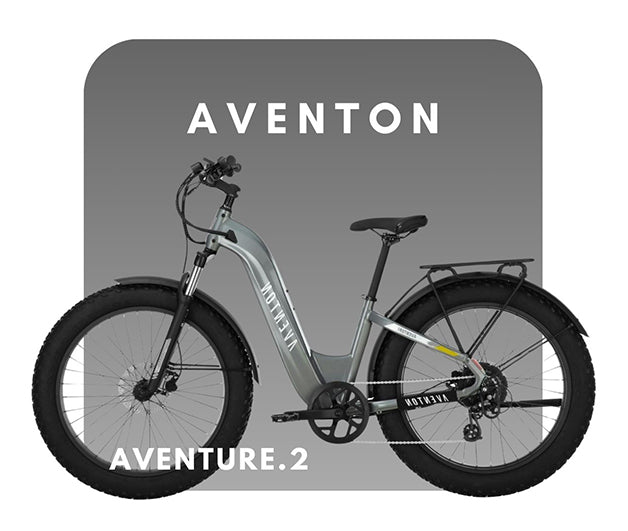
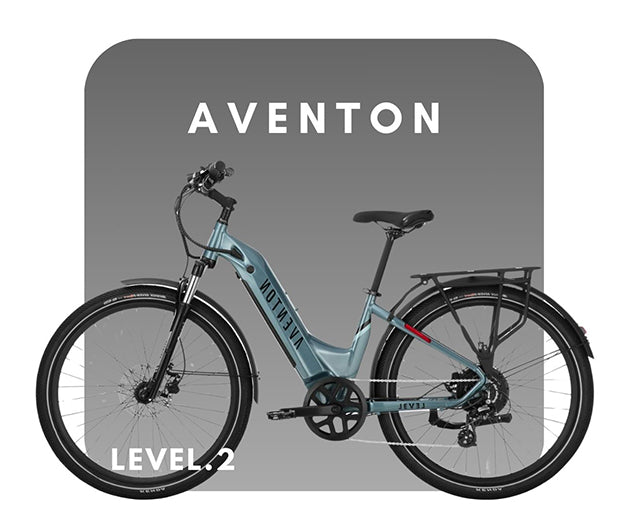
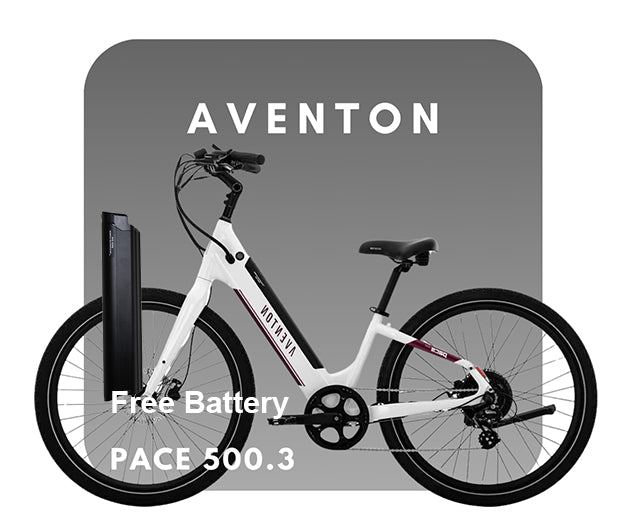
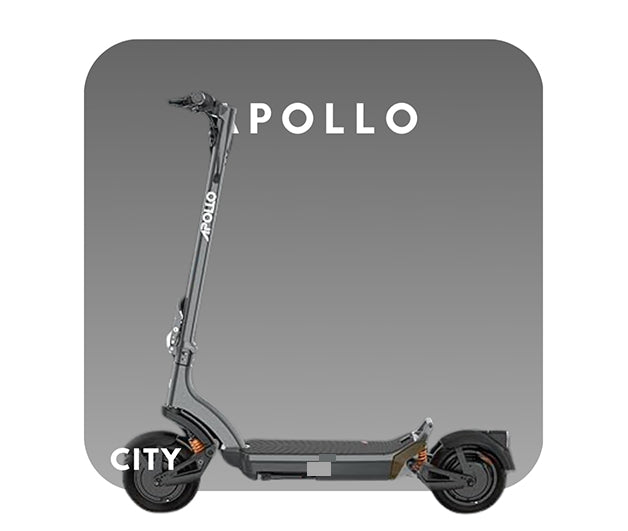
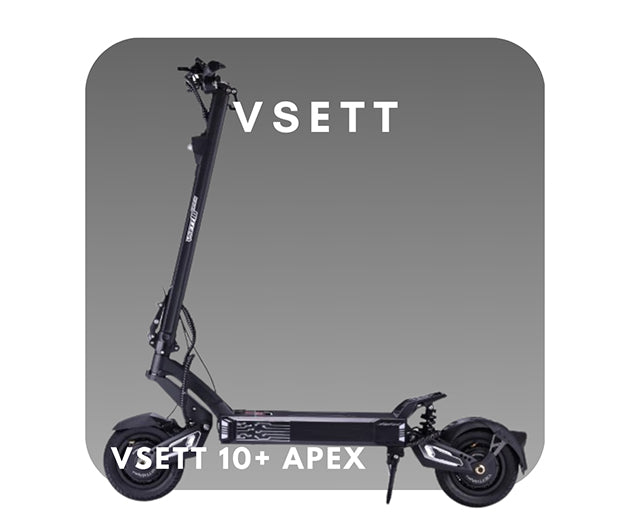
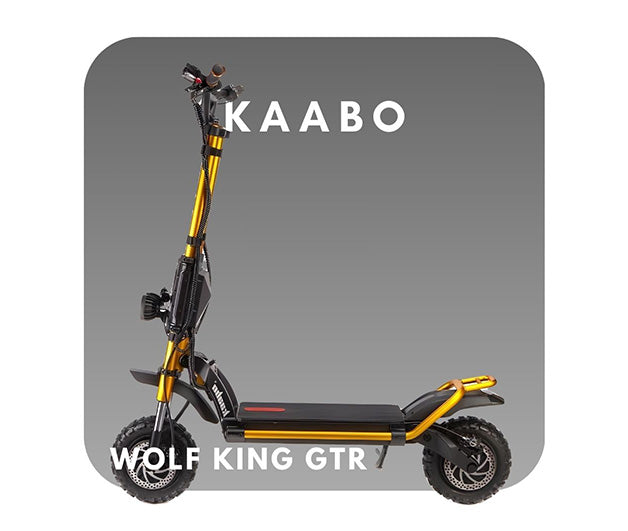
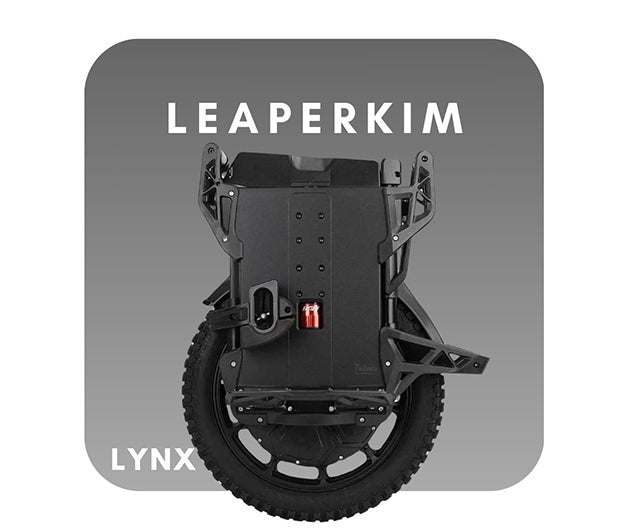
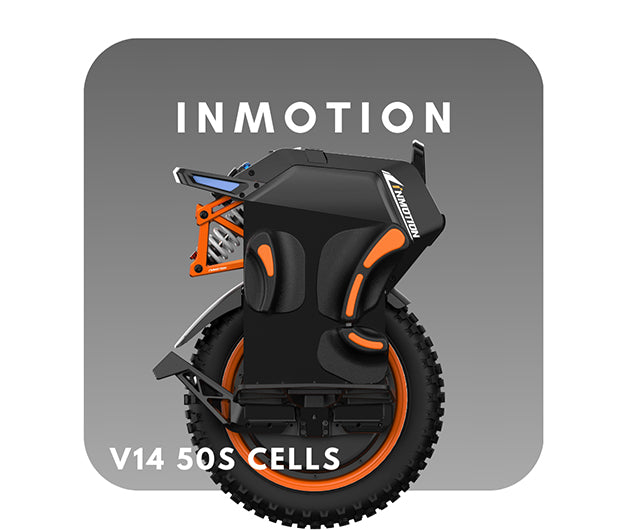

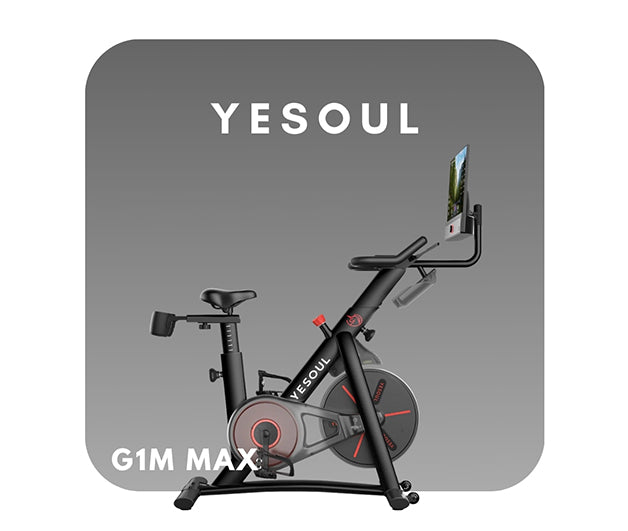

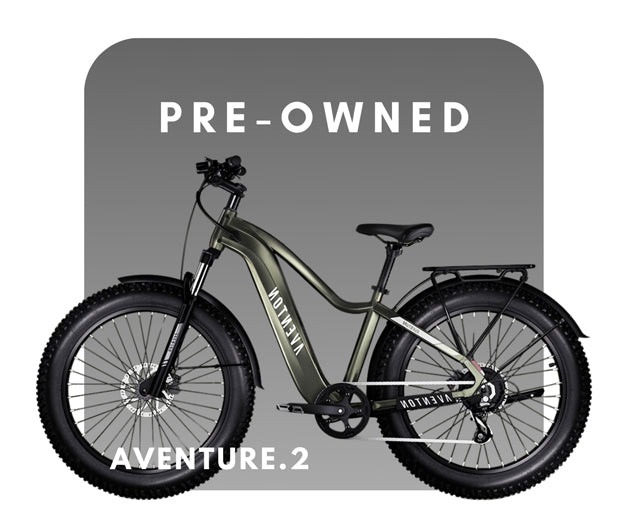
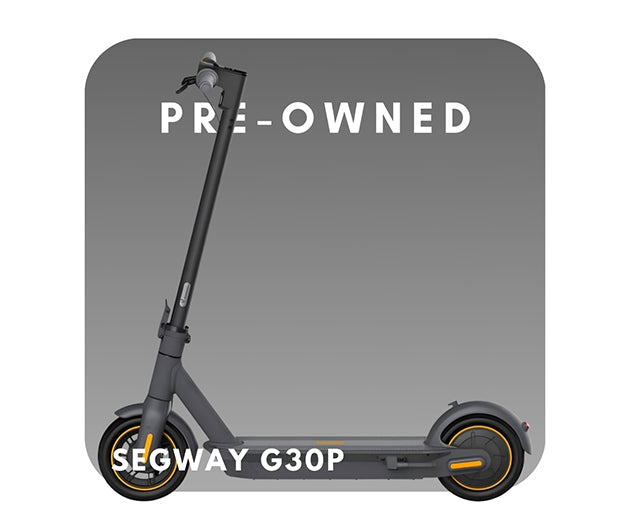
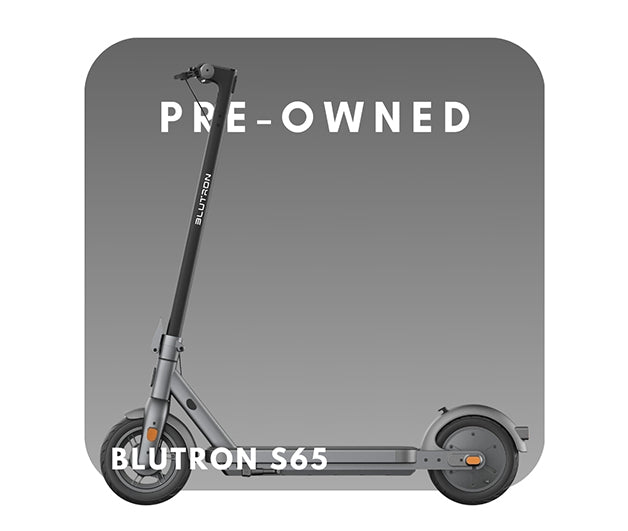

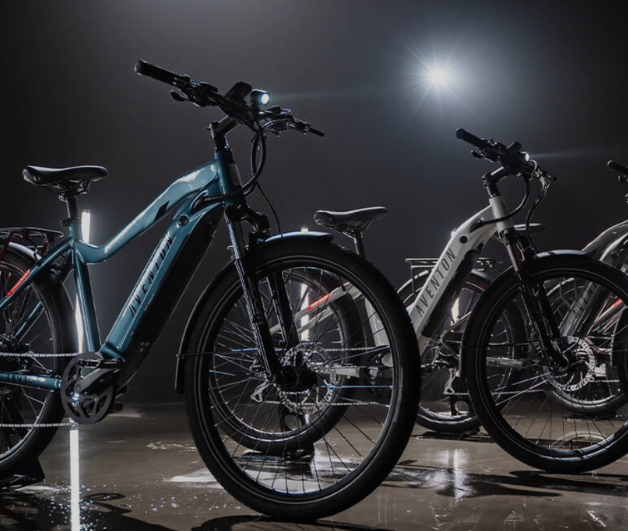



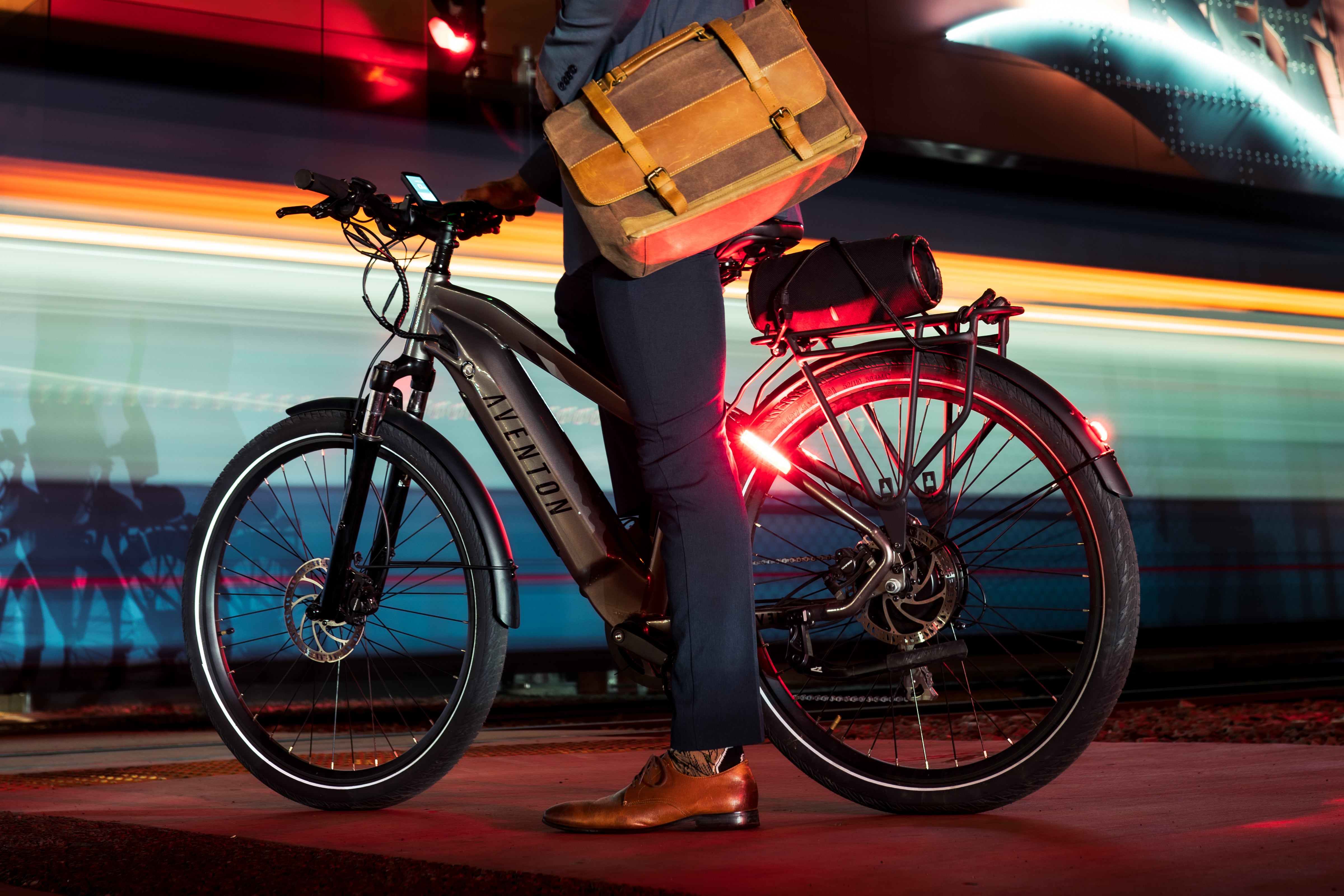
Leave a comment
This site is protected by hCaptcha and the hCaptcha Privacy Policy and Terms of Service apply.